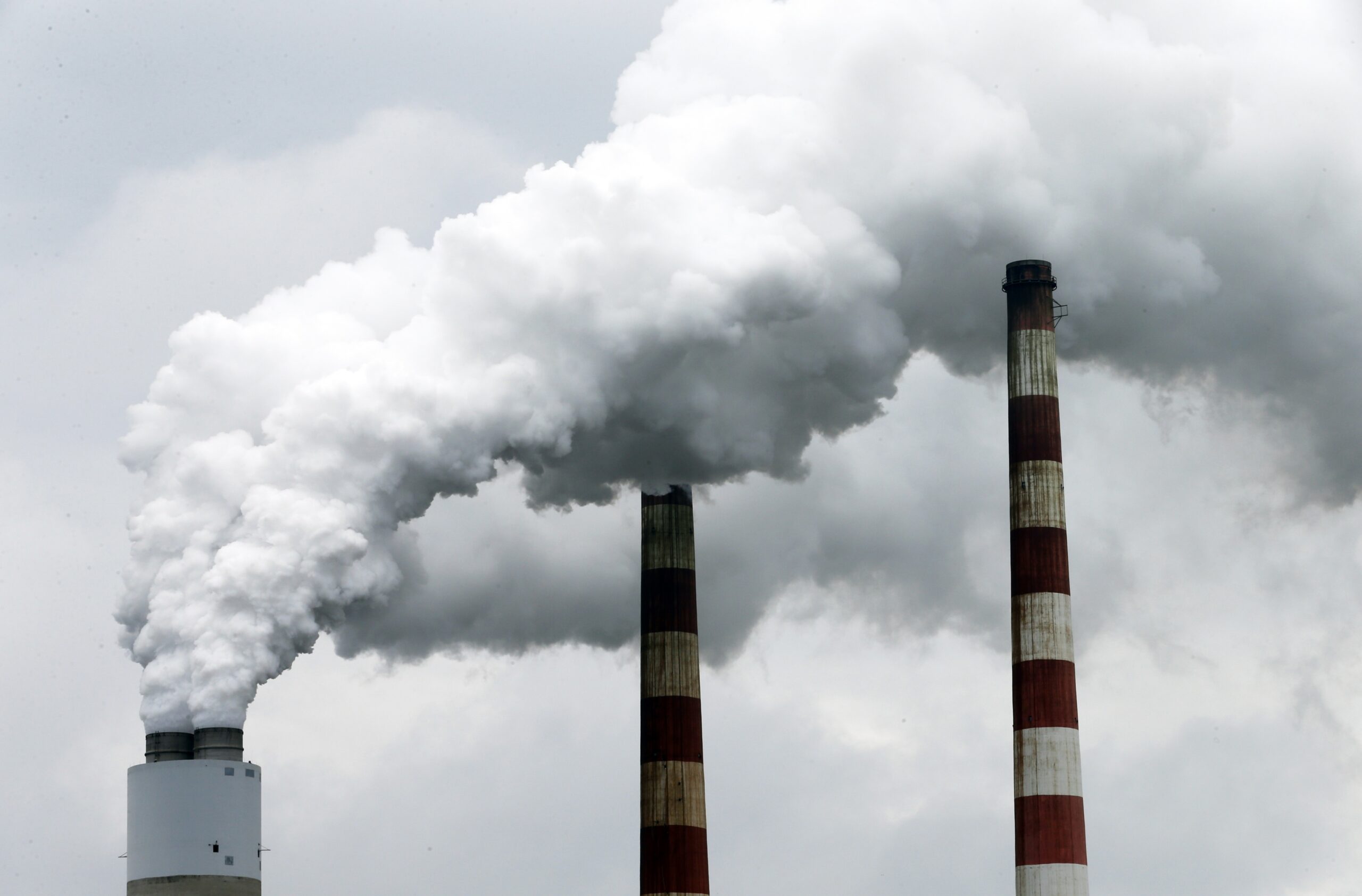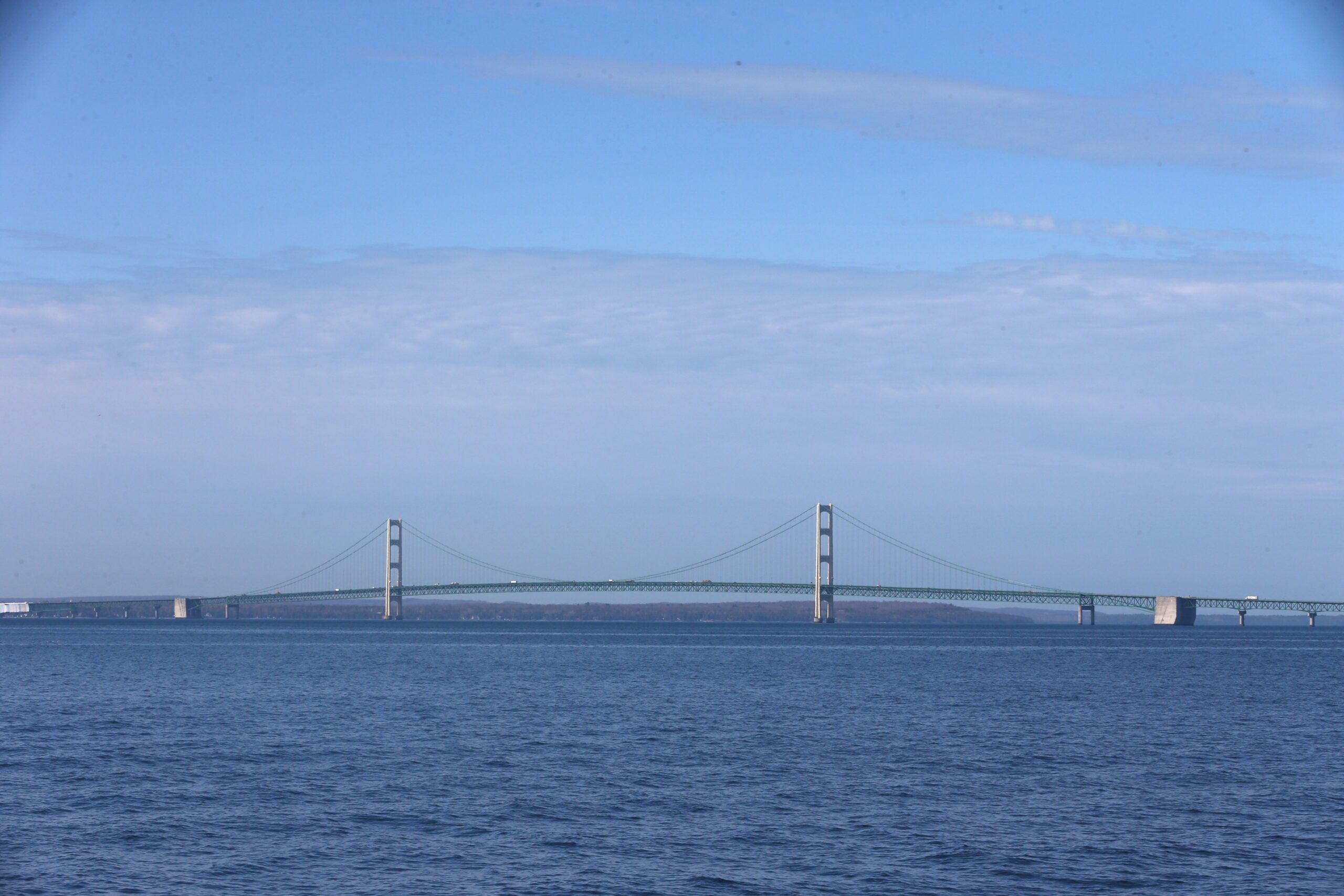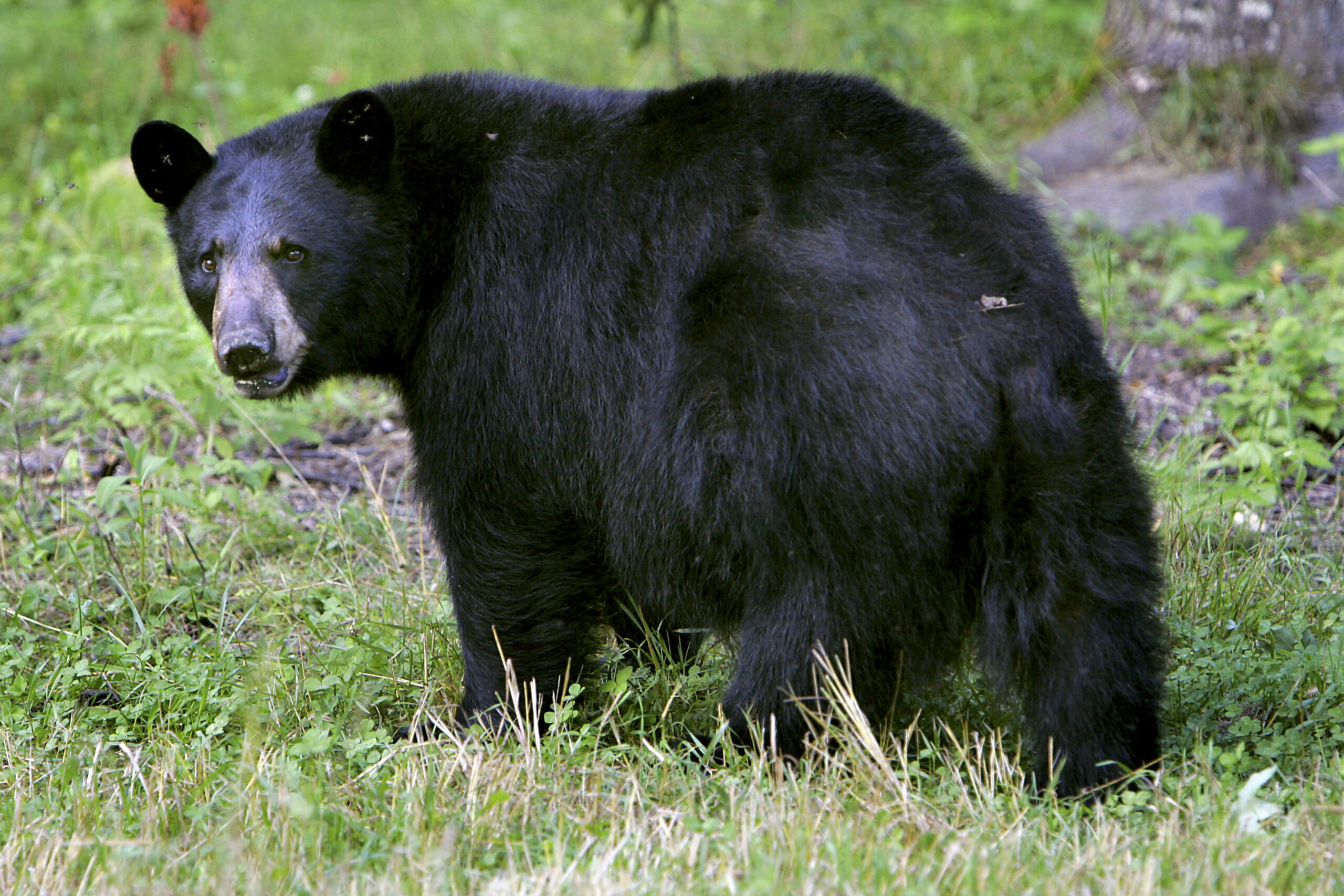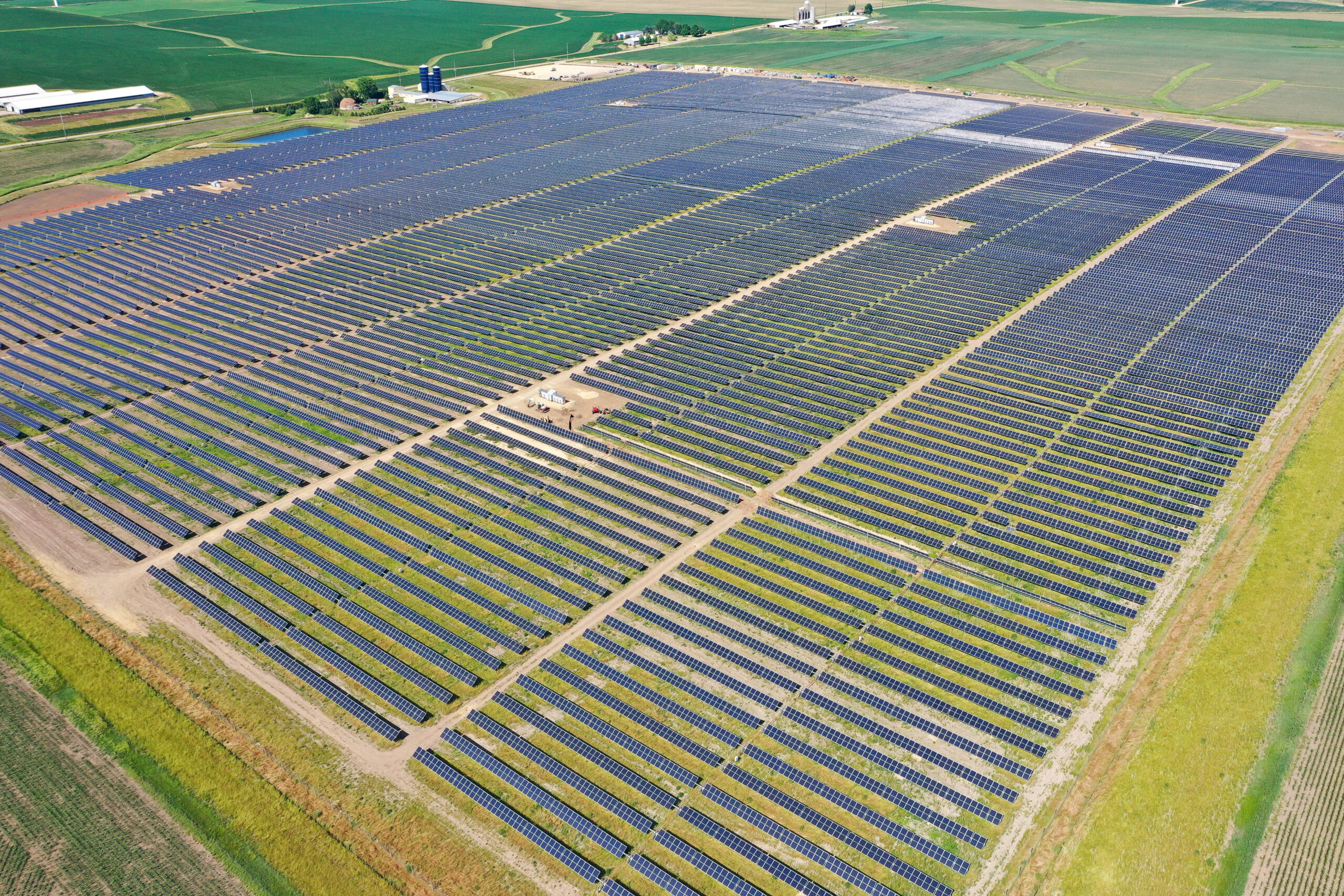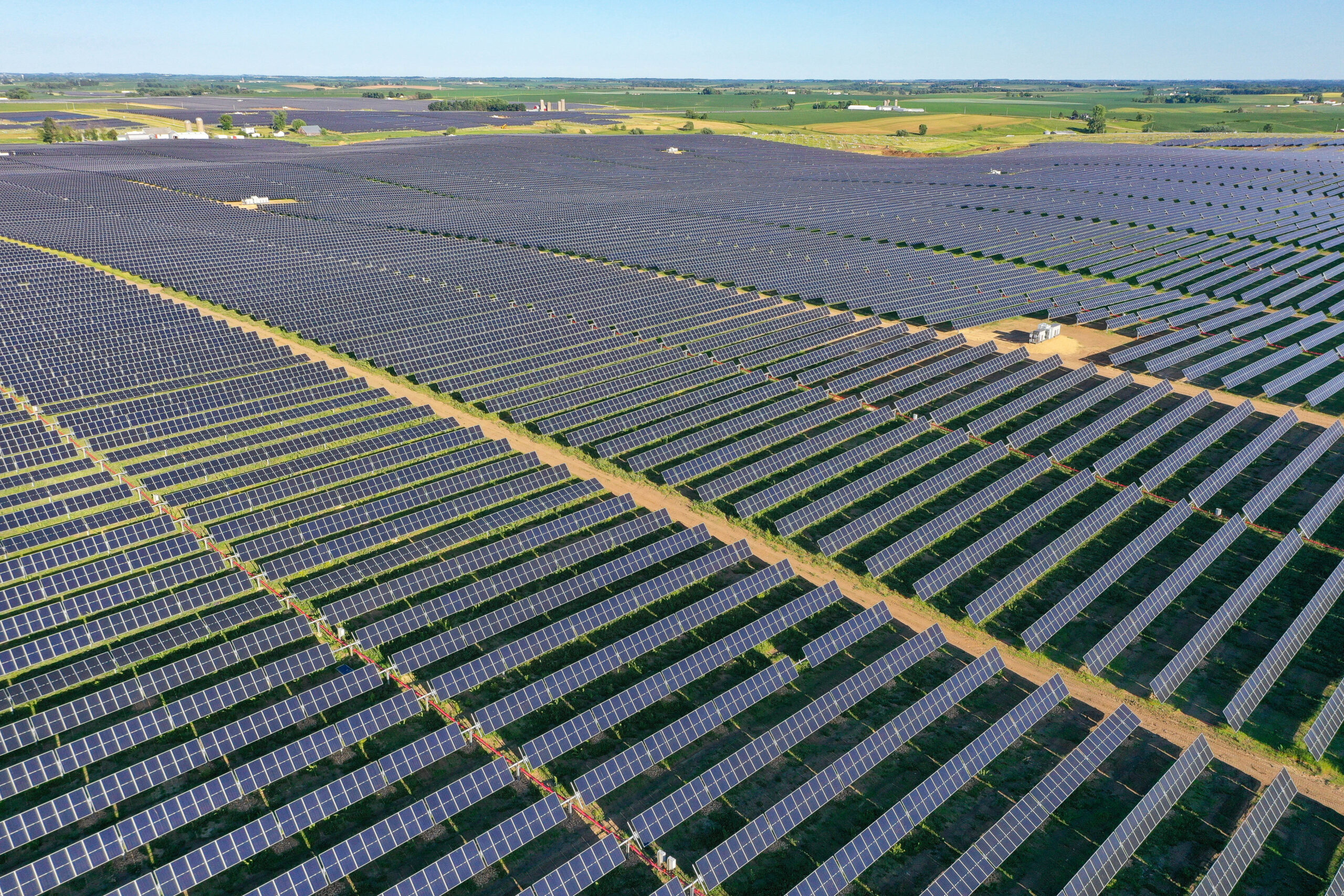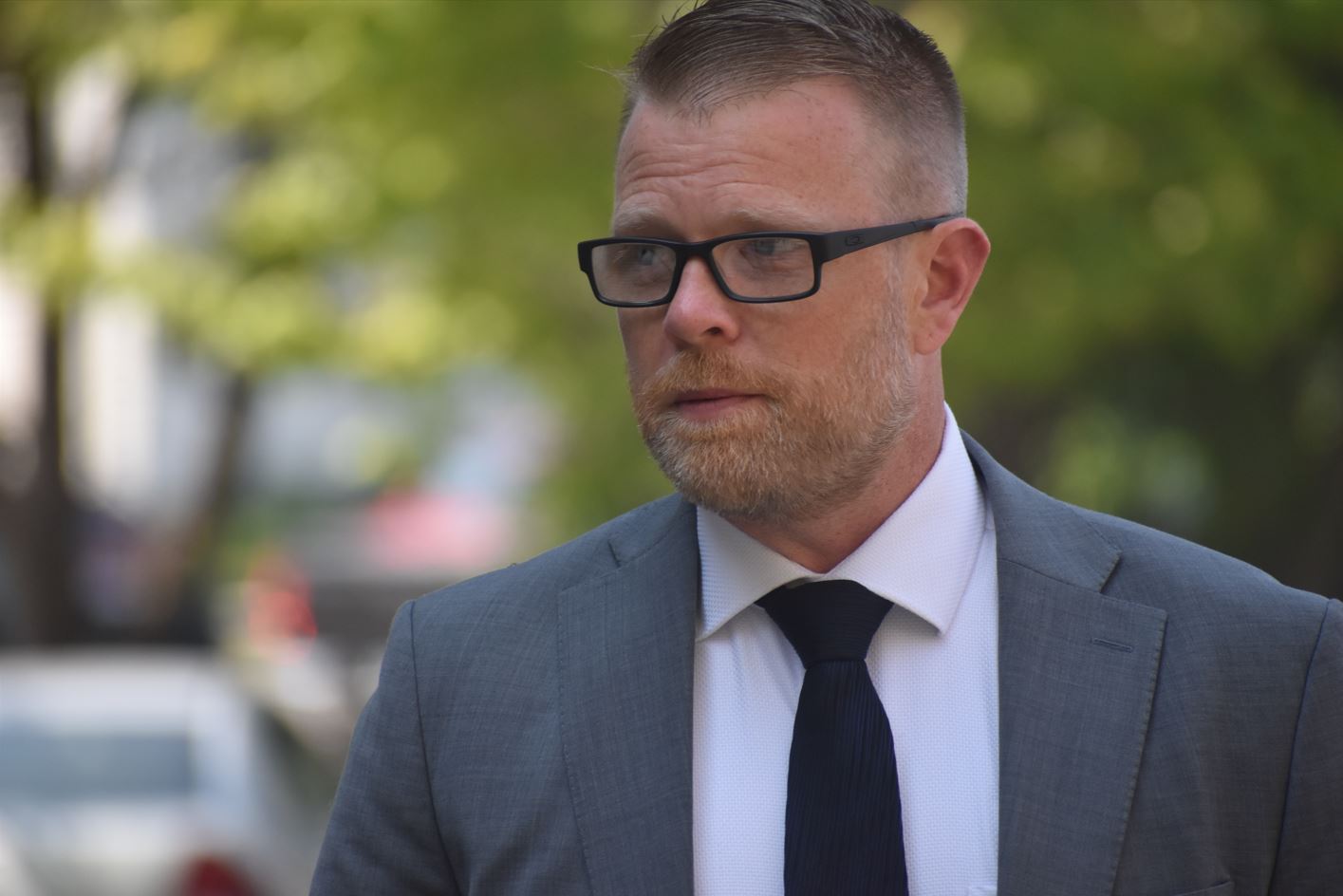The citizens group that advises the Wisconsin Natural Resources Board on outdoors issues plan to ask the public whether they should support legislation that would impose a fee on producers of fossil fuels to curb carbon emissions. That’s prompted criticism from some board members who fear the citizen advisory group is straying from its mission to advise them on hunting, fishing and trapping issues.
The Wisconsin Conservation Congress (WCC) plans to ask the public at its annual spring hearings in April whether they should encourage the U.S. Congress to pass carbon fee and dividend legislation. Representatives in the U.S. House introduced a proposal in 2019 that would put a price on fuels like coal, oil and gas to encourage companies to move toward clean energy alternatives and combat climate change. Those fees would then be shared equally with the public.
The issue is the first among 27 questions that the citizens advisory group is asking the public to weigh in on related to natural resource issues. The board’s former chair Terry Hilgenberg and current chair Fred Prehn expressed fears at the Feb. 24 meeting that questions about energy issues could potentially have a harmful effect on the group’s influence over natural resource management.
Stay informed on the latest news
Sign up for WPR’s email newsletter.
“Just be careful what’s going on with WCC because when you get questions about carbon emissions and carbon dividends … you’re going to lose the core thrust of the WCC in my opinion,” said Prehn.
Prehn said the question was “out of the norm” and questioned whether it was in line with the group’s core mission.
WCC Chair Tony Blattler told the board that citizens who attend the spring hearings present resolutions, and the appropriate committees evaluate whether they should be included as an advisory question. Those resolutions are then reviewed by the group’s district leadership council.
Blattler said some issues like the carbon fee and dividend legislation were broad in scope and didn’t necessarily have a direct impact on hunting, fishing and trapping.
“The Conservation Congress leadership — we struggled whether we should be dealing with it or we should not be dealing with it,” said Blattler. “But, in the end, they decided to forward these questions based on the fact that the citizens of the counties where it was presented, approved of the resolutions that were presented.”
Mary Ellen O’Brien, chair of the group’s environmental advisory committee, said the resolutions were appropriate because many residents are interested in broader issues affecting the environment as opposed to specific harvest recommendations.
“Everybody recognizes that the environment is much broader than that,” said O’Brien. “Things that occur at an ecosystem level or water quality level or, you know, this carbon dividend (legislation) with the climate change all directly or indirectly comes back to affect the resources and the resource base.”
Scientists have warned that greenhouse gas emissions would have to be cut nearly in half from 2010 levels in the next decade to avoid global warming of almost 3 degrees Fahrenheit and stave off the worst effects of climate change.
A group of scientists, DNR staff and stakeholders found that climate change is having direct and indirect impacts on wildlife in Wisconsin as part of a 2011 report by the Wisconsin Initiative on Climate Change Impacts. That report was recently updated and reaffirmed the group’s findings. Olivia LeDee was lead author of the report’s wildlife assessment in 2011. She’s now acting director of the U.S. Geological Survey’s Midwest Climate Adaptation Science Center.
As temperatures warm, LeDee noted that can have a mix of effects for hunting, trapping or fishing various species. She said the region is seeing declines in cold water fish species like walleye or brook trout. At the same time, milder winters are more favorable for the state’s whitetail deer herd and could possibly enhance hunting opportunities. LeDee said climate change is also playing a role in the timing of fishing and hunting seasons as warming reduces ice cover or causes shifts in bird ranges or migration.
She said climate change is one factor that can help inform decisions regarding natural resource management.
“So if we want to meet our long-term conservation outcomes, and sometimes there are short-term conservation outcomes, there is a lot of climate science available to help inform those decisions,” said LeDee.
The Conservation Congress also plans to ask whether people would support the group’s opposition to Enbridge’s proposed reroute of its Line 5 oil pipeline, whether the DNR should restrict high capacity wells and whether the citizen advisory group should work with lawmakers to increase funding for more scientists within the agency.
In the past, the Wisconsin Conservation Congress has polled members on policies or projects affecting natural resources, including whether to oppose a proposed iron mine in northern Wisconsin. Plans to build the mine have since been abandoned by mining company Gogebic Taconite. In 2016, the group asked whether a contentious iron mining law that would help pave the way for that project should be repealed.
Wisconsin Public Radio, © Copyright 2025, Board of Regents of the University of Wisconsin System and Wisconsin Educational Communications Board.
